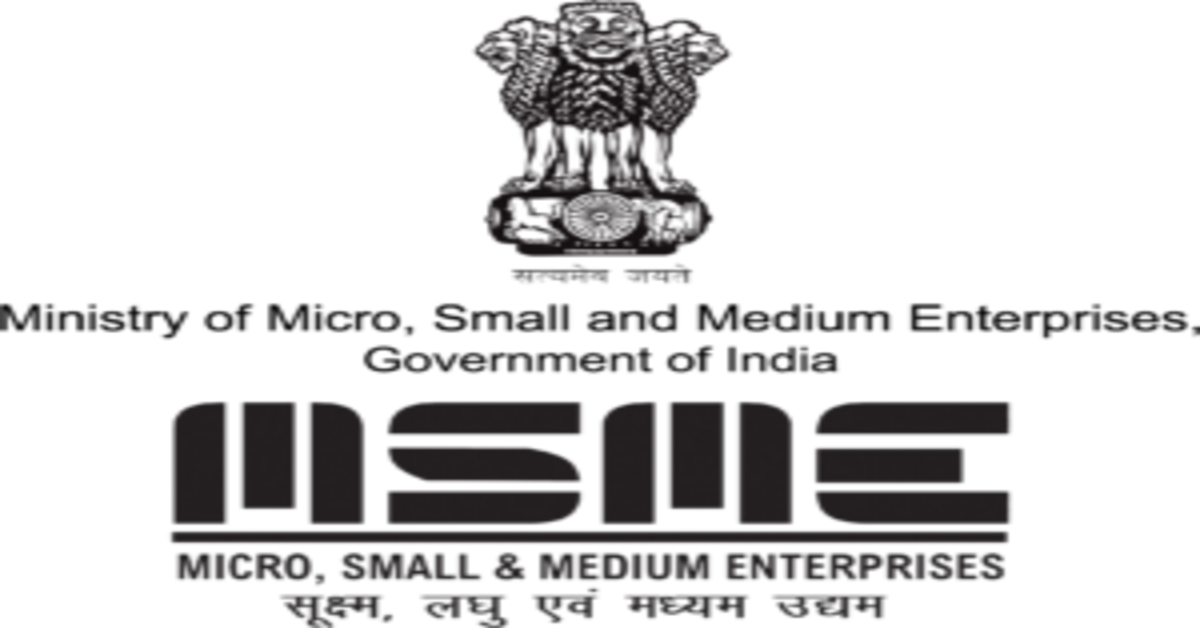"Great things in business are never done by one person"
Whether you are a smaller or larger organization, good collaboration can only achieve success. Building a culture of trust and accountability in any successful team achieves organizational productivity and effectiveness. This culture promotes a positive and collaborative environment that leads to team cooperation and performance improvement and, in turn, produces the best results.
A culture of Trust and accountability refers to the employees being accountable for completing their tasks and working with a team to reach their target. It implies clear expectations and objectives, effective communication, efforts to foster a positive and supportive environment, and strong leadership.
As per a recent GALLUP survey, 63% of people attending their workplaces seem to lack engagement, leading to a noticeable absence in their job-related efforts. An additional 24% display active disengagement, obstructing the productivity of others around them. 13% emerge as the diligent minority who dedicate themselves to their tasks.
Let’s discuss the culture of Trust and accountability in a team and explore the importance of the critical steps to achieve success in organizations.
Why does Trust play a vital role in an organization?
"A leader must inspire, or his team will expire"
One of the most indispensable plays in an organization is trust. It is like the invisible threads that connect the fabric of a community. It builds a more substantial relationship between an organization and its employees.
Nurtures Unity and Collaboration:
In an organization, many people work in a team. They share their ideas, opinions, and knowledge openly when individuals within an organization trust each other. This free flow of information enhances collective problem-solving and innovation, as diverse perspectives are brought to the table without fearing ridicule or rejection. This nurtures unity and collaboration in a team within an organization.
Enhances Productivity:
Employees are motivated to do their best when they believe their contributions and efforts are equally recognized. Trust empowers individuals to take initiative, make decisions, and execute tasks confidently, leading to faster decision-making and smoother execution of the project. This enhances the organization’s productivity and efficiency.

Promotes Direct Communication:
Direct communication in an organization leads to an organized workforce, a clear understanding of the organization’s goal, and the required efforts to achieve these goals. Also, employees feel more comfortable when they share their ideas, concerns, and views that are taken into action and renowned.
Thrives Employee Satisfaction
Employees feel more comfortable when their superiors trust them. Their involvement in work also increases. Employees can feel a genuine connection to the mission and take pride in their contributions when the Trust is promoted. Thus, Trust drives employee satisfaction in an organization.
Enables risk-taking and Innovations:
Trust drives calculated risks that can lead to breakthrough innovations and the discovery of new solutions.
Employees who know potential failures won’t lead to blame or punishment are more inclined to experiment with new ideas and approaches.
Supports Effective Leadership:
For effective leadership, trust drives leaders to demonstrate reliability to earn the respect and loyalty of their team members. This improves your ability to influence, guide, and motivate your team. Trustworthy leaders inspire Trust and provide a solid foundation for the organization’s growth.
Builds Resilience:
Trust becomes a lifeline in challenging periods. Organizations that enable the foundation of trust are more prepared to cope with weather storms or other natural calamities. Trust fosters a sense of unity, enables teams to collaborate effectively, make tough decisions collectively, and maintain a positive attitude even in the face of adversity.
A culture of trust empowers individual performance, promotes collaboration, and enhances efficient growth in an organization.
What steps are required to build a Culture of Trust and Accountability in your team?
"One man can be a crucial ingredient on a team, but One man cannot make a team"
As per Kareem’s quote, everyone should be responsible and more active to cultivate Trust and accountability in an organization. This process requires dedication, consistency, and intentional actions.
Titan Company, a leading consumer goods company known for its jewelry, watches, and eyewear, has prioritized employee welfare and trust-building initiatives to achieve business success. The management team introduced programs demonstrating a strong commitment to their employees’ well-being.
One program is the “Employee Stock Option Plan (ESOP),” which allows employees to become stakeholders in the company and benefit from its growth. This initiative boosted employee morale and aligned their interests with the company’s success. Titan also invested in skill development and training programs, enabling employees to enhance their capabilities and contribute effectively to the company’s growth.
As a result of these initiatives, Titan achieved higher employee retention rates, lower attrition, and increased employee satisfaction. The trust and commitment demonstrated by the management team contributed to a positive work environment, fostering innovation and ultimately leading to business success.
The following steps explain how to build Trust and accountability in an organization, which becomes a natural part of your team’s culture.
Conclusion
Coming together is beginning Keeping together is progress Working together is success
Cultivating Trust and accountability in your team unites individuals, empowering them to conquer obstacles, achieve goals and strive for excellence. A culture built on Trust revolutionizes an organization, shaping it into a united and dynamic entity that excels with resilience, creativity, and flexibility. This culture empowers each individual, nurtures the collaborative spirit, and amplifies productivity. It establishes an environment where success is not just an objective but a natural outcome of an organization.
Astravise has assisted its clients in critically examining HR building blocks and creating a liberated environment where the need for supervision is minimized with a high degree of ownership of business tasks at all levels of the Organization.
Reach us either by [email protected] or by clicking contact us. to know further.
Posted by: Venkatesh Bhat





